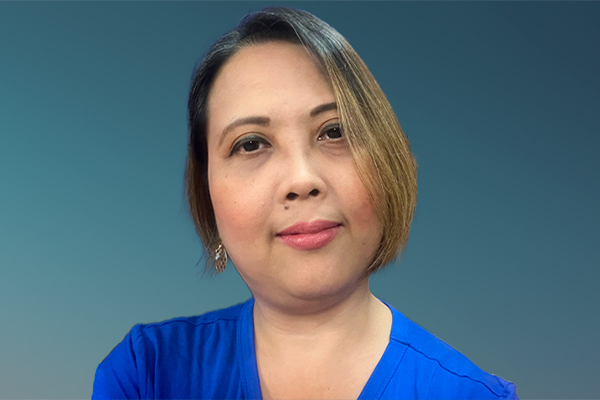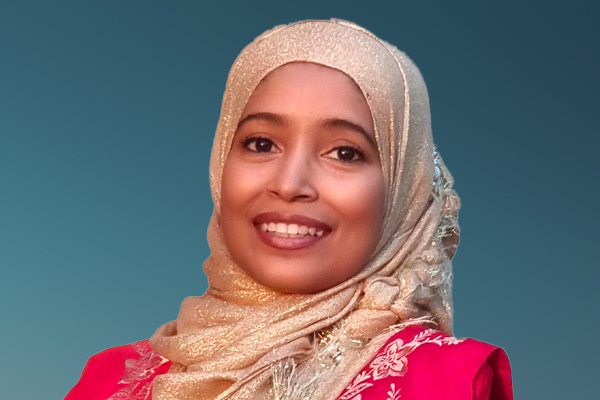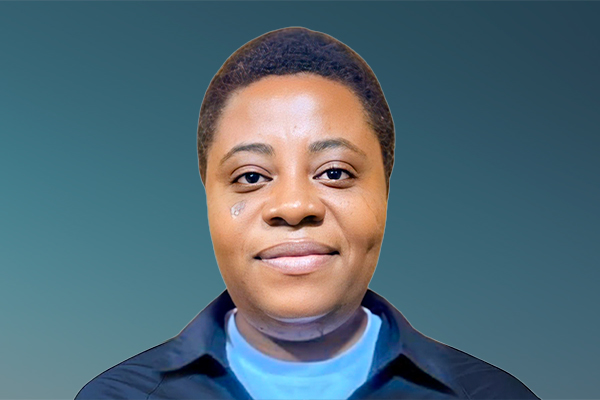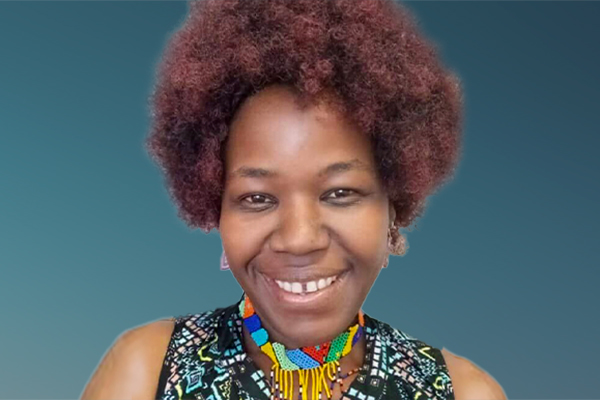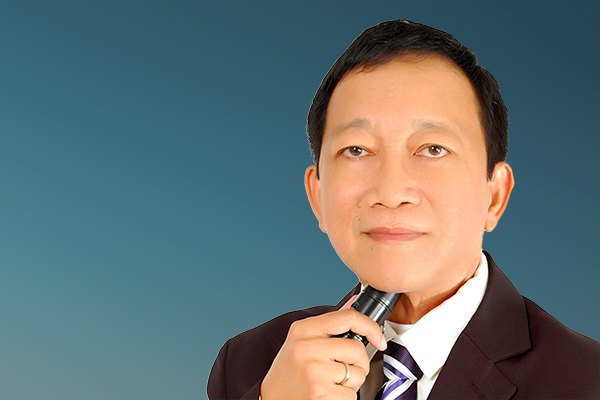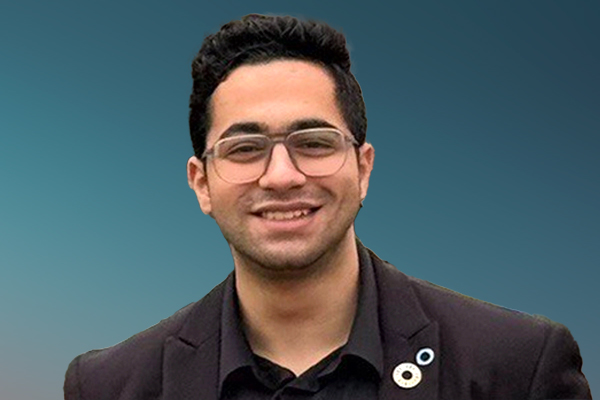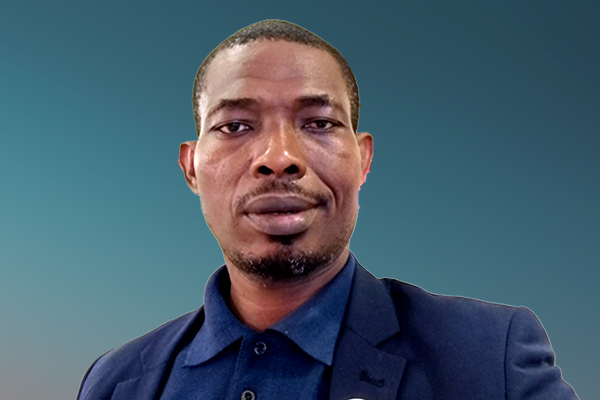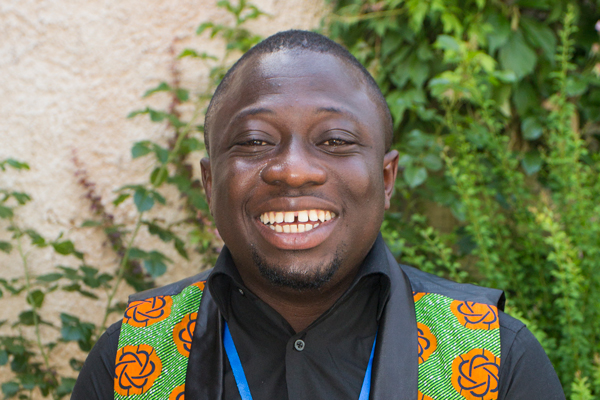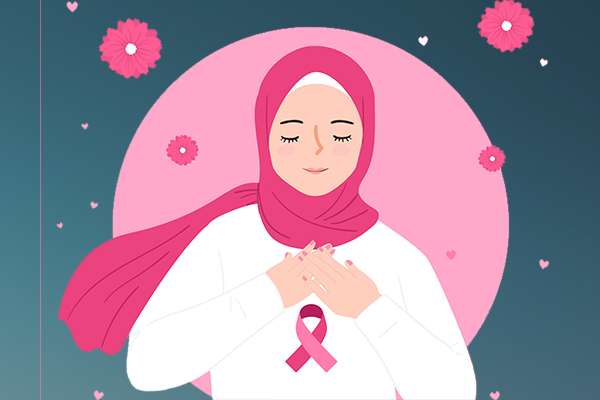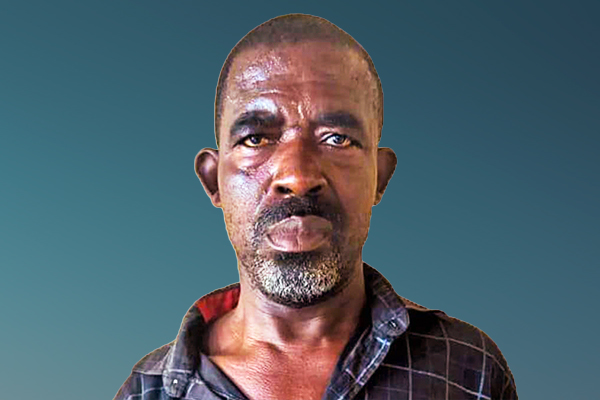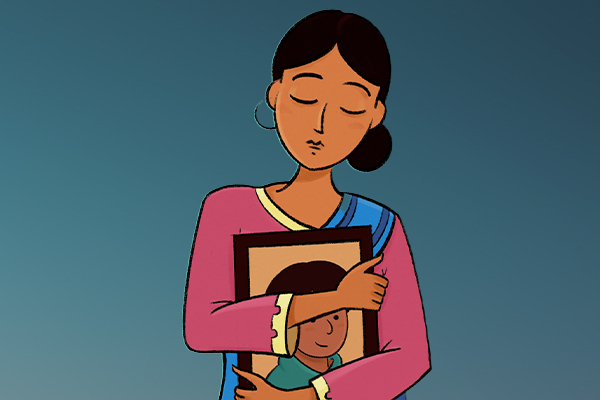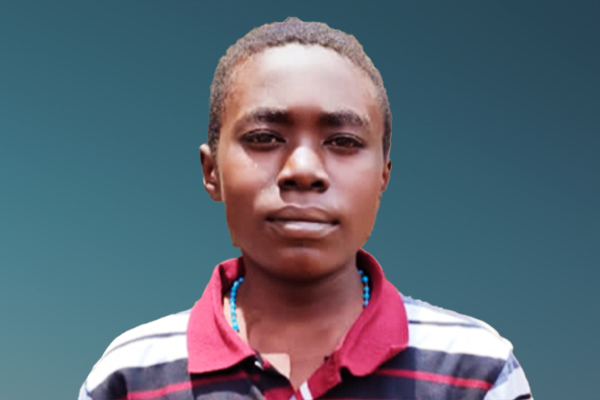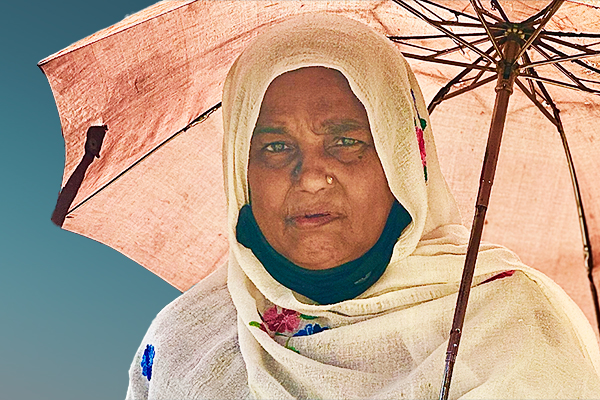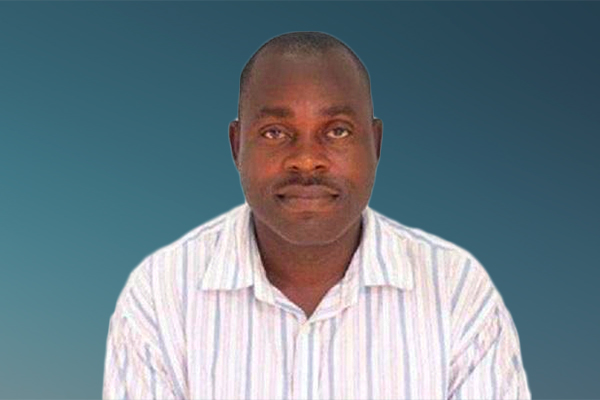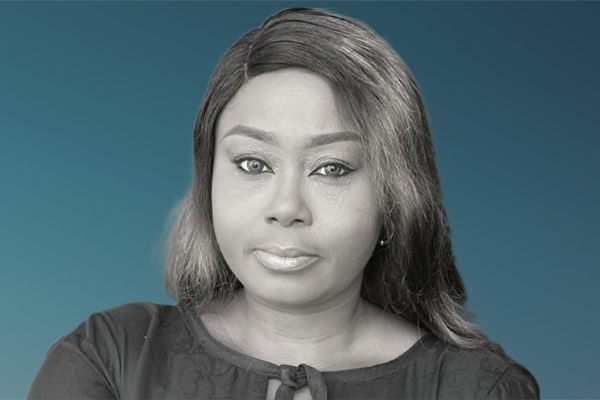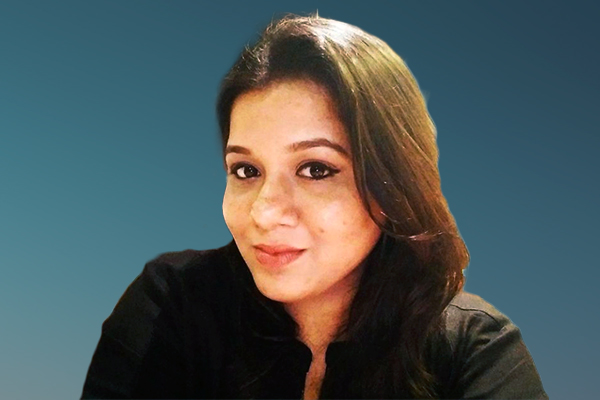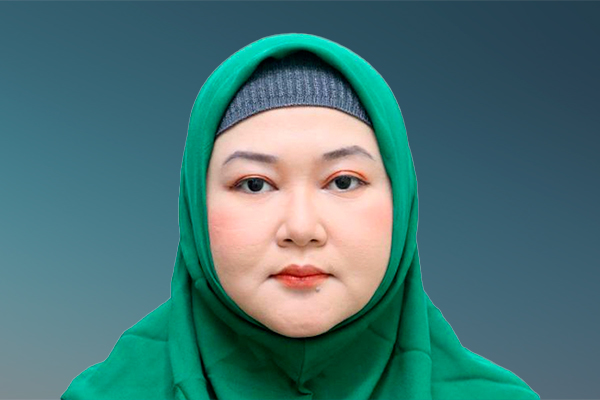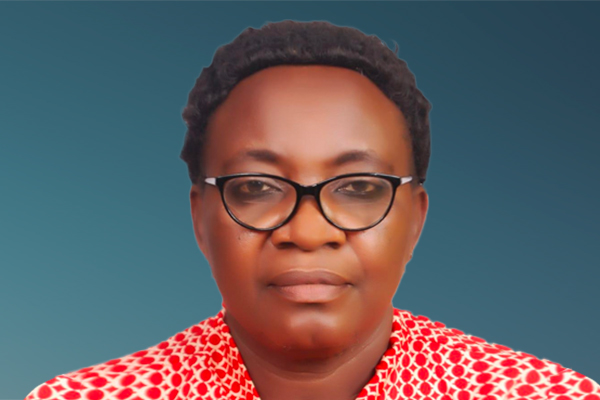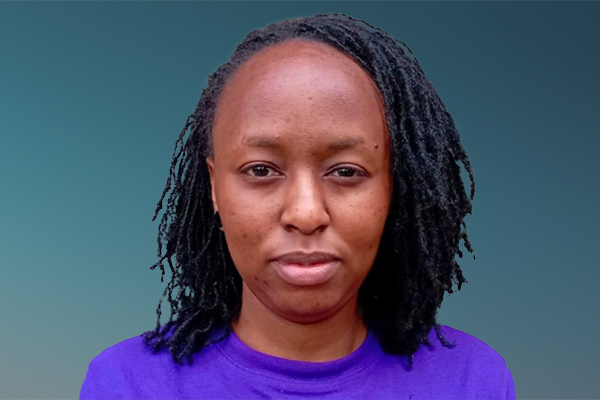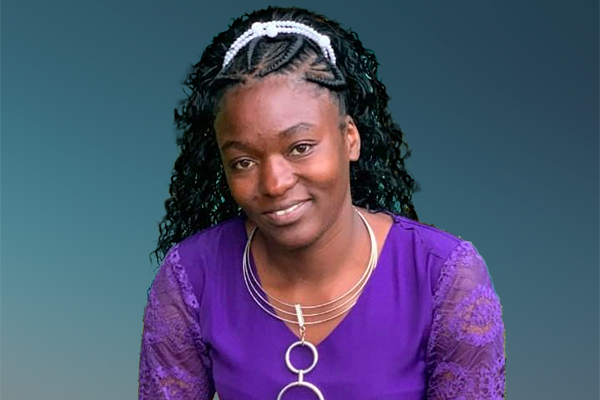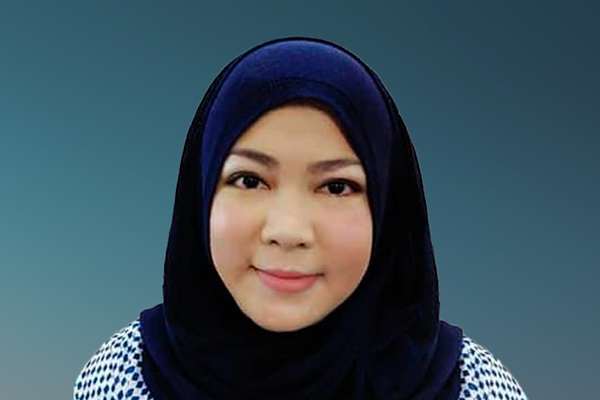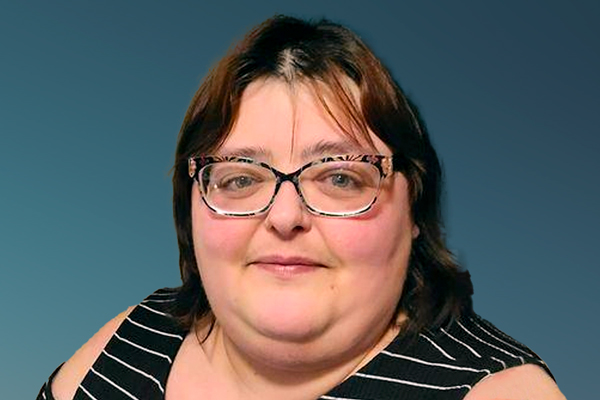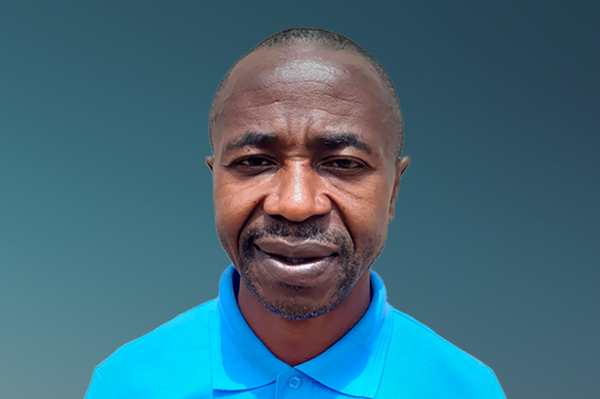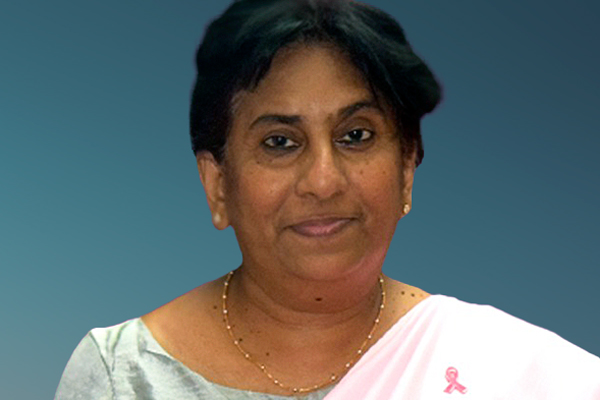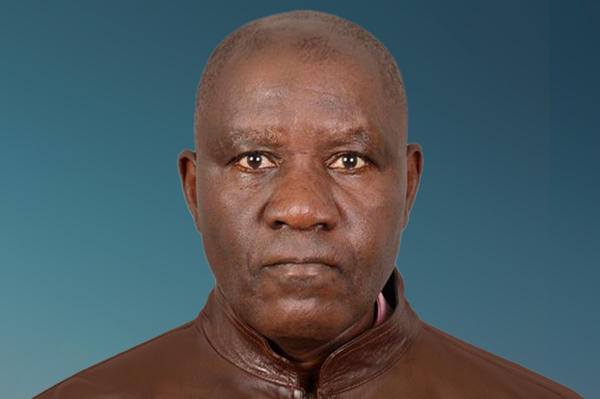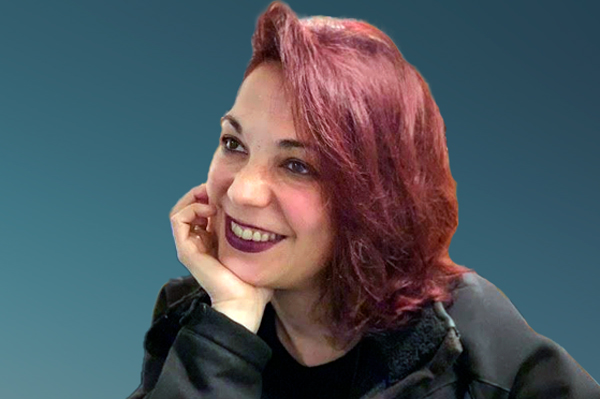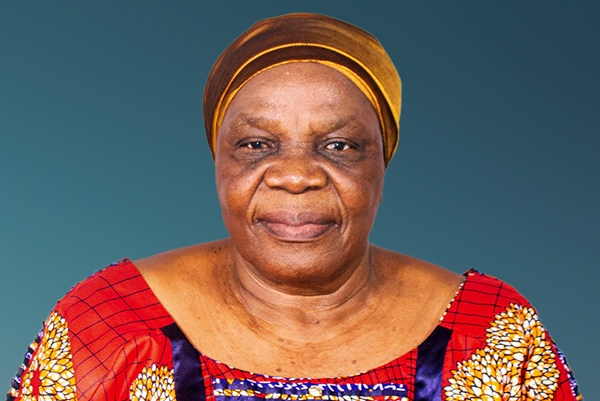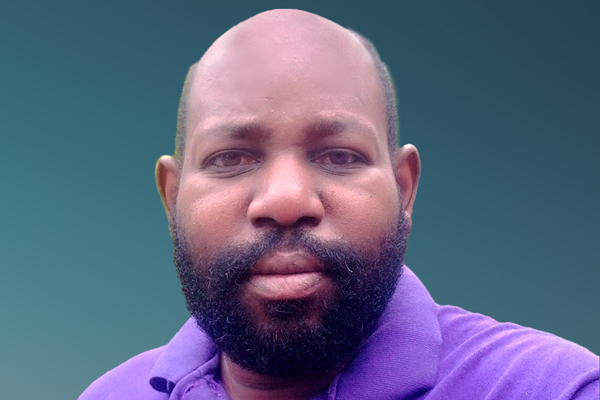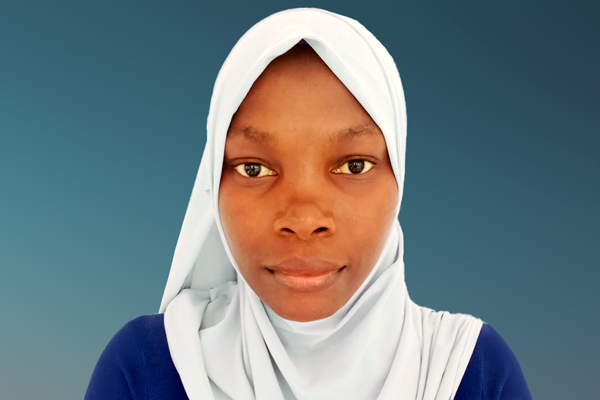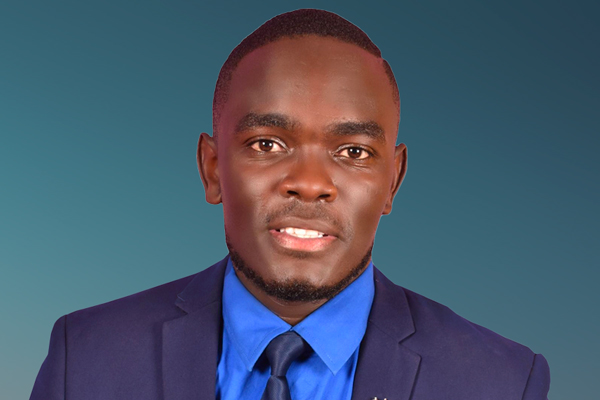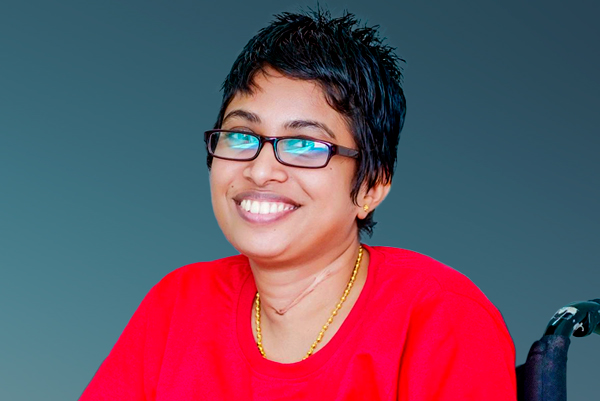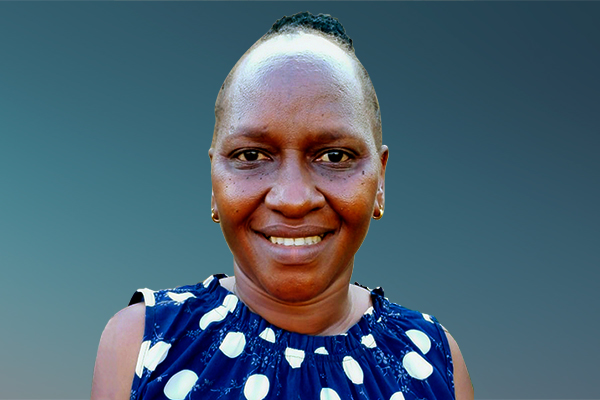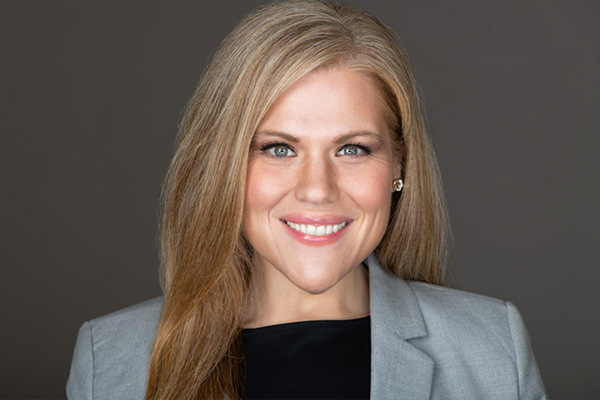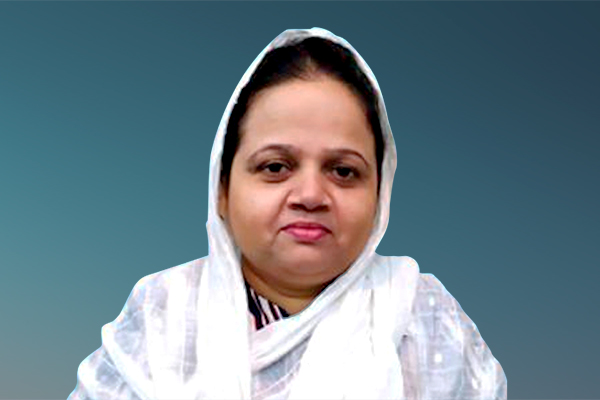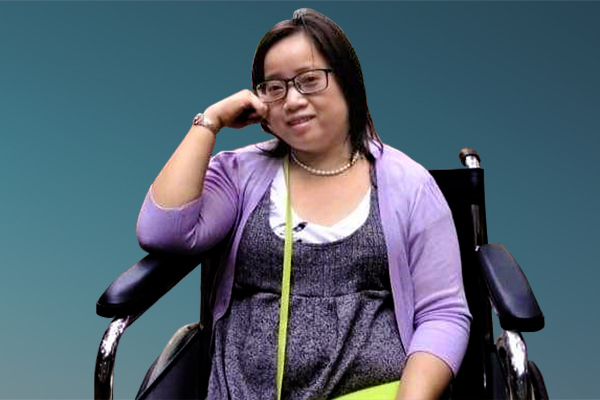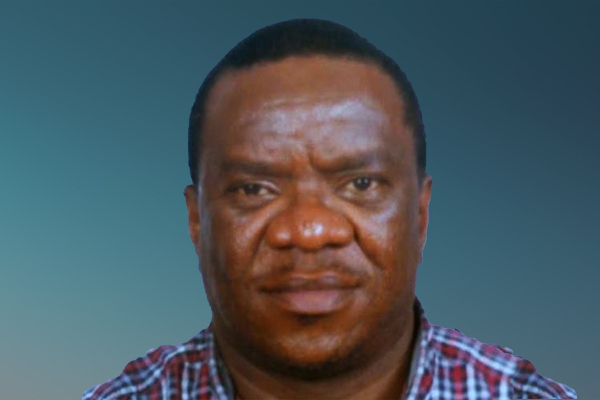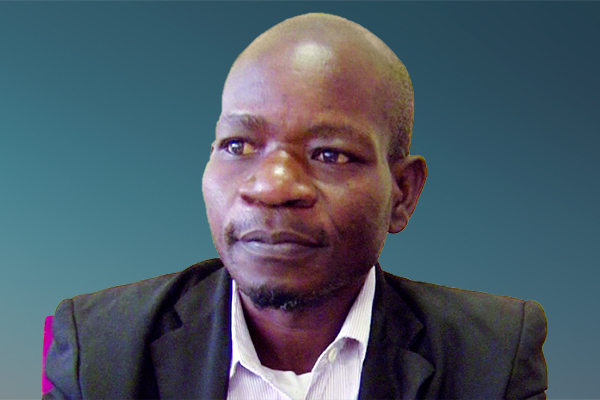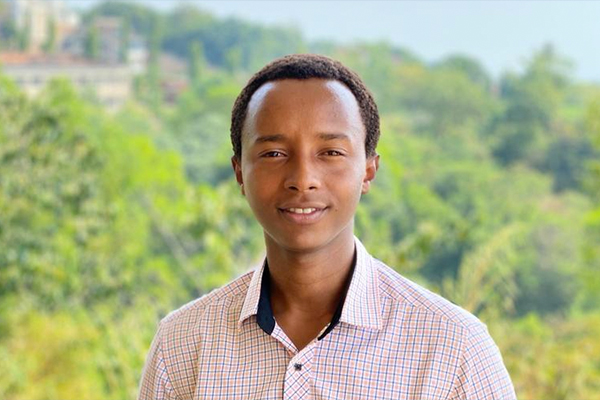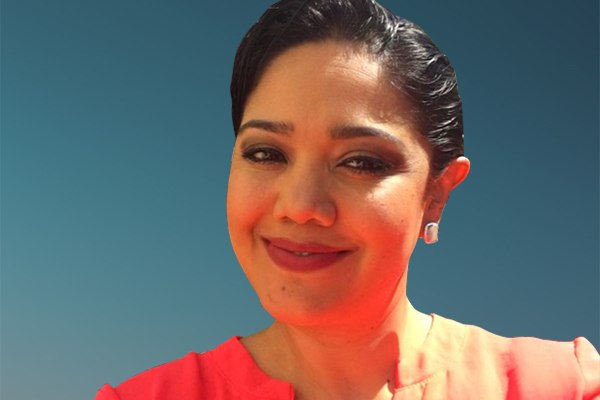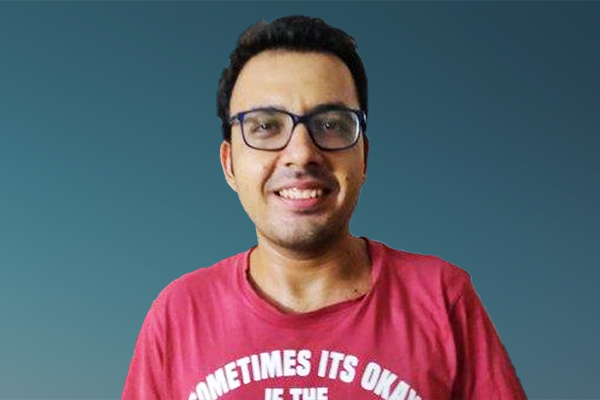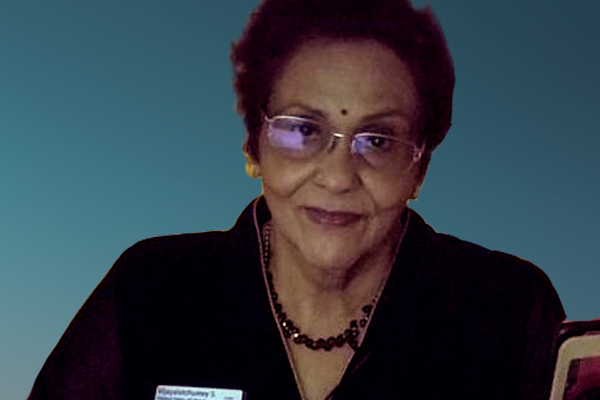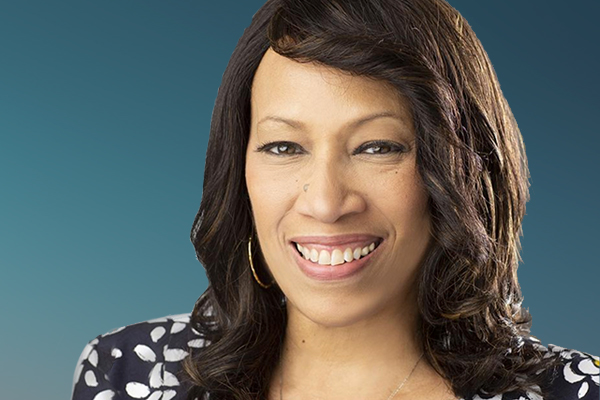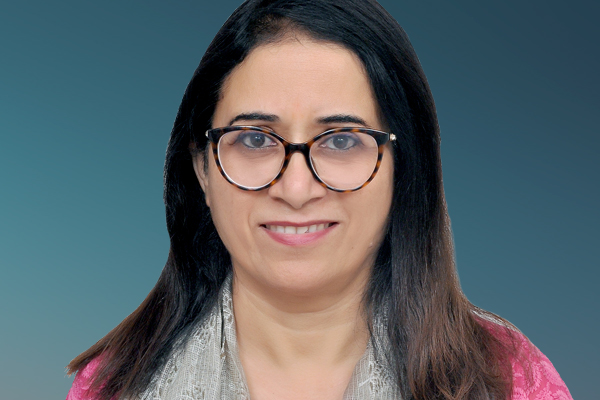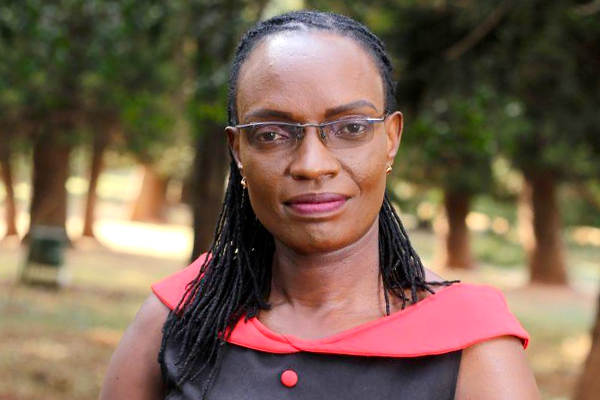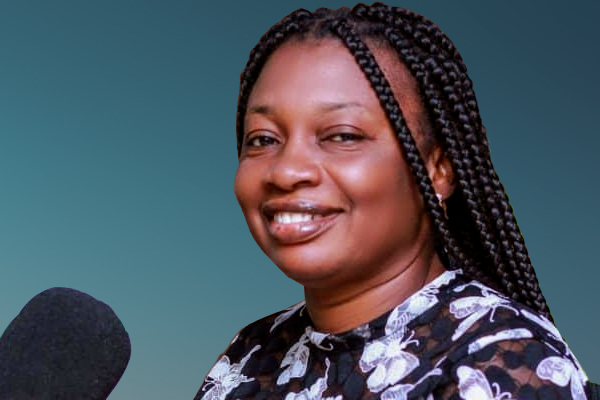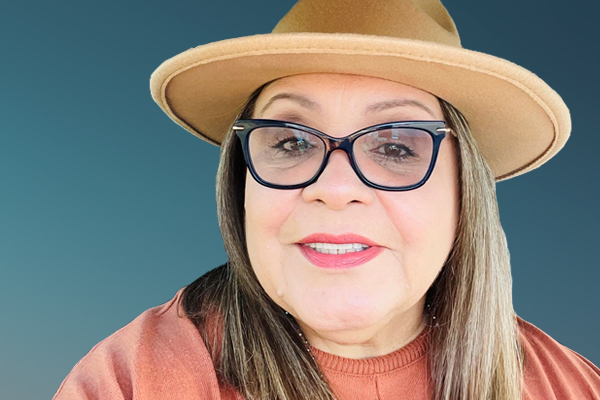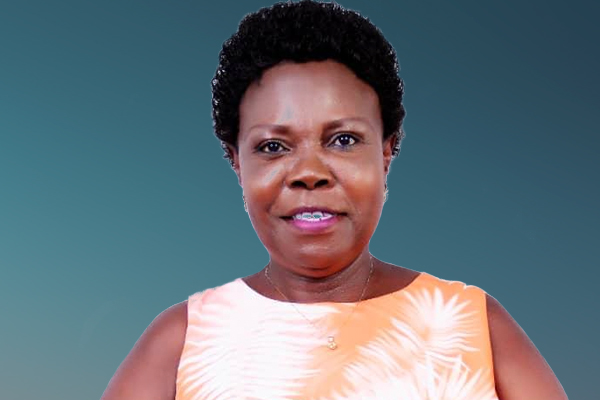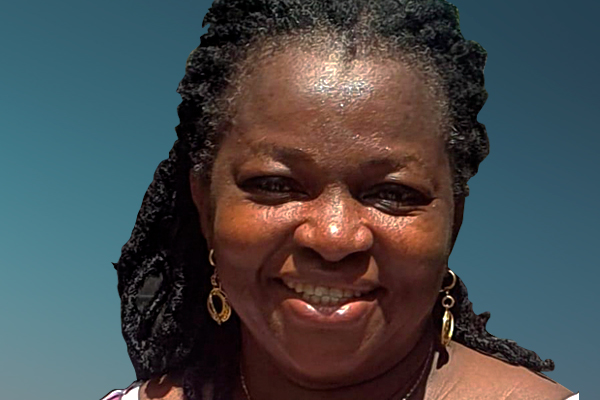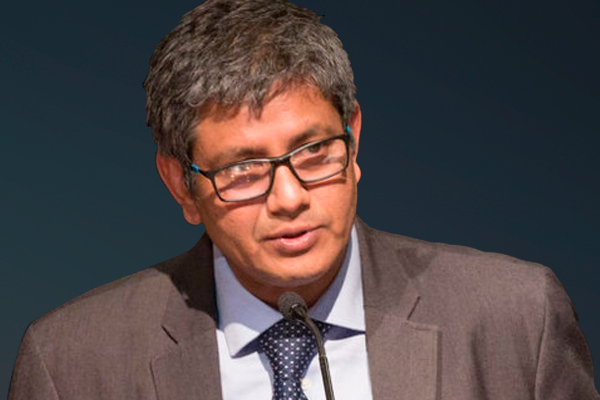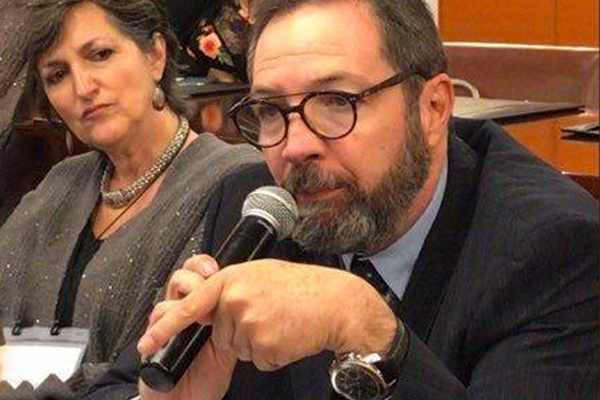My name is Brenda Chitindi and I’m a 70-year-old mother of 5 children living in Lusaka, Zambia. I am living with multiple NCDs: hypertension, obesity and arthritis, coupled with old age.
I am sharing my story to shed light on existing challenges within my health system and how healthcare providers can provide better treatment for people living with NCDs in Zambia. I also would like to advocate for health providers increasing awareness of NCDs in communities and villages, particularly when it comes to NCDs risk factors like tobacco, in order to empower individuals and communities to choose healthier behaviors.
23 May 2022
Living with NCDs: My journey
I grew up in a remote village in Zambia with no formal medical facilities, meaning we were dependent on traditional medicine. We lived in a three‑room, grass‑thatched house with parents. My father was a tobacco smoker and our house had no ventilation, so smoke circulated all the rooms. Each time he smoked, we, the children, would enjoy the smell and didn’t feel any signs of health complications.
At age 45, I started feeling abnormal body pains. During my first hospital visit, I spent 5 hours in a queue before seeing a health professional. When my turn came, I wasn’t diagnosed, but instead asked to come back to hospital in three months to see the only specialist who could attend to my ailments. I was prescribed painkillers in the meantime, leaving me feeling emotionally drained. I couldn’t go to another hospital due to distance, and closer health facilities had inadequate medical care.
As I waited for my appointment, my condition worsened. I continued taking painkillers but experienced stiffness of my hands and fingers, weight loss, knee and feet pains, numbness on my left side, shortness of breath at night, weakness and dizziness. When it was finally time for my appointment, I was warmly welcomed by the doctor who conducted medical tests, resulting in my diagnosis of hypertension, rheumatoid arthritis and chest congestion. My conditions were explained to me in detail, and I was given prescriptions to buy medications which my children shared the cost of, as I had no health insurance.
Hypertension medication left me with side effects, including fatigue. This led me to develop obesity as I slept more and exercised less. My health provider therefore changed my medication; I now take Amizide and if unavailable, I take Asomex – LT, and am responding well. Since developing obesity, my health provider advised me to adopt a special diet which I still follow, and to walk 2‑3km every morning. For rheumatoid arthritis, I've responded well to the medication.
I’ve been living on medication for over 20 years, and now finally Zambia has implemented National Health Insurance Management Authority (NHIMA), where my age qualifies me to be a beneficiary for all my NCD treatments.
My NCD care journey highlighted key challenges with health providers in Zambia, including long wait times, limited pain management expertise, and scarcity of resources and services. There’s a need to improve NCD prevention, care and pain management, and equip people with the skills to self-manage their own treatment.
9 August 2022
My interaction with people living with hypertension, obesity, arthritis and other NCDs
Following my diagnosis and considering the life that I have gone through living with several NCDs, I have witnessed an increased risk of catastrophic out-of-pocket health expenditures for households of people living with NCDs relative to those without. Through my community of other people living with NCDs in Zambia, I have experienced and witnessed the loss of household income and increased financial risk, deepening poverty and inequality.
Zambia is currently experiencing a high prevalence of NCDs, yet most individuals have inadequate NCD-related knowledge. Even if equipped with the necessary knowledge, lack of finances to meet NCD treatment and transportation costs, as well as long periods of hospitalisation required for the treatment of some chronic conditions, deter many from seeking the care they desperately need.
Other challenges at community level include inadequate support to address emotional and physical distress that many people living with NCDs experience. There is also the issue of stigmatisation, as from a cultural sense, many communities in Zambia are under the belief that some NCDs are a product of witchcraft.
Furthermore, some medical institutions lack health workers that are specialised in NCD care, there is often poor communication between health workers and people living with NCDs, limited beds, and insufficient supplies of medication. I’ve observed that health providers’ interactions with people living with NCDs in Zambia are not of a high quality and services are poorly delivered due to several factors, including poor working conditions, training, improper staff distribution and weak human resource management. This results in many people living with NCDs in remote parts of the country being attended to by unprofessional health providers. All of these shortcomings compound into NCDs being left undiagnosed, untreated, or insufficiently treated, leading to complications and premature mortalities.
With the formation of the Zambia NCD Alliance, I’ve acquired knowledge on risk factors of hypertension, obesity, arthritis and other NCDs, which has helped me to spread awareness to women on prevention measures relating to tobacco and alcohol use, and on the importance of physical exercise. I participate in large-scale national screening programs for hypertension, as well as share knowledge with women on the importance of periodically measuring blood pressure, including knowing the level of a normal reading and when to seek medical attention.
Despite this work, it is clear that the challenges faced by my community of people living with NCDs in Zambia are significant and multi-layered. This requires urgent reforms within healthcare provision, as related to NCDs, in Zambia.
16 August 2022
The time for change in Zambia is now
My personal experience and challenges
I first became worried about my health and my future when it was found that I had high blood pressure, after experiencing unstoppable headache, blurred vision and shortness of breath. I didn’t receive my diagnosis for hypertension – in addition to arthritis – until the condition was in its advanced state. I subsequently developed obesity due to side effects caused by my hypertension medication. Long wait times, limited pain management expertise, and scarcity of specialists and services were some of the challenges I experienced on my journey.
Challenges faced by broader community with health providers
Beyond my own story, other people living with NCDs in my community also face similar challenges, including the fact that most NCDs are left undiagnosed, untreated or inadequately treated, particularly in poor urban communities and rural regions of Zambia. This leads to the worsening of conditions, the onset of multiple NCDs and premature mortalities. In poor urban communities, other challenges have been that the health care professionals including nurses, dieticians and doctors have not been supportive as they don’t spend time listening to and communicating with people living with NCDs due to long queues and shortage of staff. Most health care professionals prefer to work in the cities and high-income residential areas, which often leaves most people living with NCDs in poor urban and rural areas with no option but to seek care through traditional medicines and spiritual healing, including through the prayers of Bishops and Pastors at the churches.
Zambia NCD Alliance activities addressing the challenges of people living with NCDs
The formation of Zambia NCD Alliance has helped many people living with NCDs in the country. The Alliance conducts awareness campaigns through media outreach on NCD prevention strategies, and encourages the population to adhere to public health guidelines and to closely follow medical prescriptions, attend scheduled check-ups as advised by healthcare providers and engage in daily activities that are important for the prevention of NCDs. However, it is critical that more is done.
My calls to action
I call upon the Ministry of Health of Zambia to:
- Ensure a resilient and interrupted supply chain of essential NCD medicines and resources.
- Implement NCD training programs for community health providers.
- Administer clear guidelines and provide continuous education to healthcare providers on best practices for management of NCDs in clinics.
- Ensure that people living with NCDs in poor urban and rural communities are covered on a mandatory National Health Insurance Scheme with no cost.
NCD Diaries
I believe that all health providers should be equipped with awareness and skills to provide quality care for people living with NCDs in Zambia, including prevention and treatment of multiple chronic conditions.
Brenda Chitindi, lived experience of multiple chronic conditions, Zambia
About NCD DIARIES
The NCD Diaries use rich and immersive multimedia approaches to share lived experiences to drive change, using a public narrative framework.

